Should Astana Expect Investments from Germany?
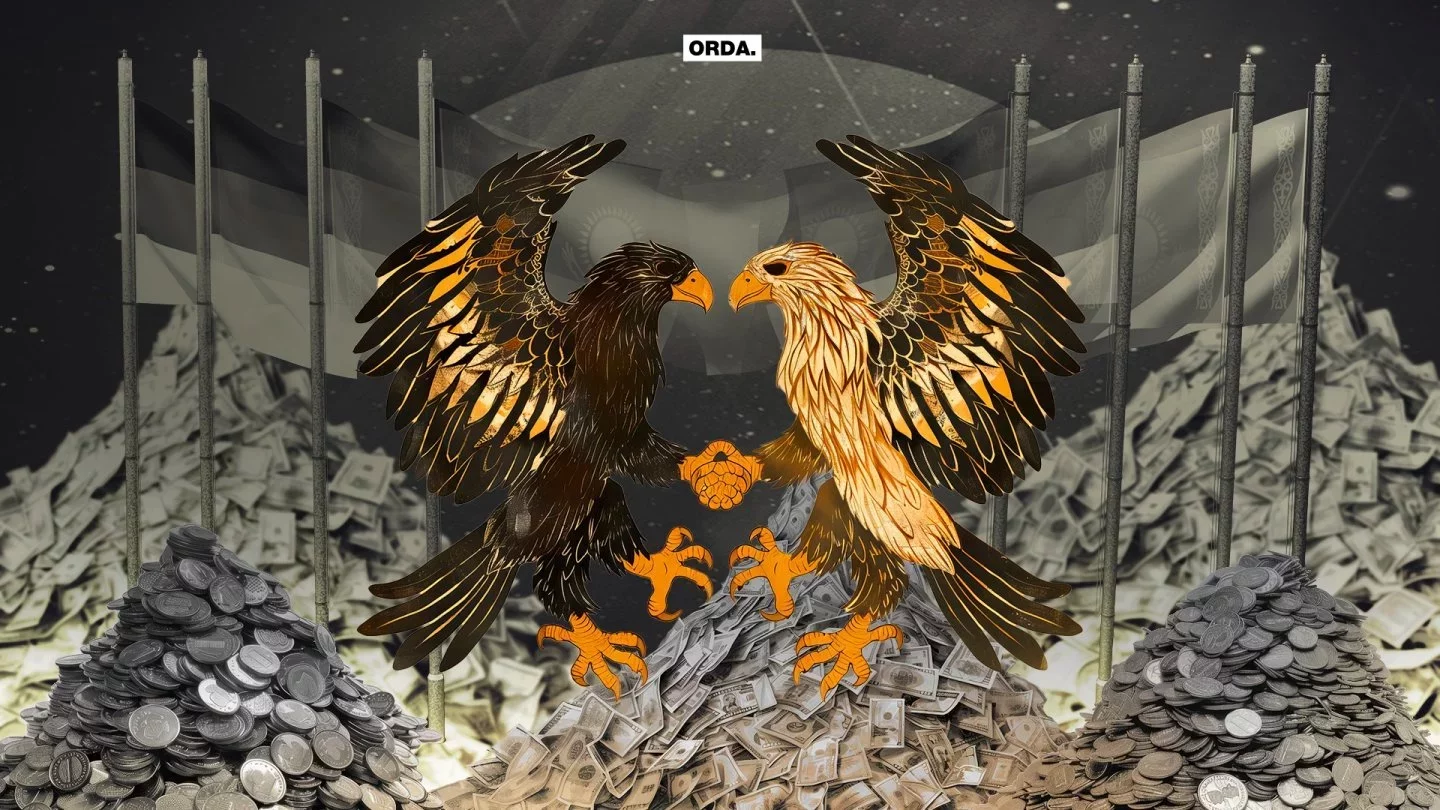
Since the beginning of Russia's war against Ukraine, Germany has increasingly been eyeing Central Asia, primarily Kazakhstan, reports Orda.kz.
In an article for The Diplomat, experts Timon Ostermeier and Eldaniz Gusseinov note contacts between Germany and Central Asian countries have increased significantly after Russia's invasion of Ukraine. Western officials do not hide their interest in the region. Indeed, they seek to lay the foundation for economic cooperation that will bear fruit in the future.
Central Asian countries, largely Kazakhstan, are gaining more importance for the European Union. German Chancellor Olaf Scholz will visit Kazakhstan this year at the invitation of Qasym-Jomart Toqayev. Scholz will take part in a summit dedicated to developing relations between Germany and the countries of Central Asia. Various business delegations from Germany now come to Kazakhstan regularly.
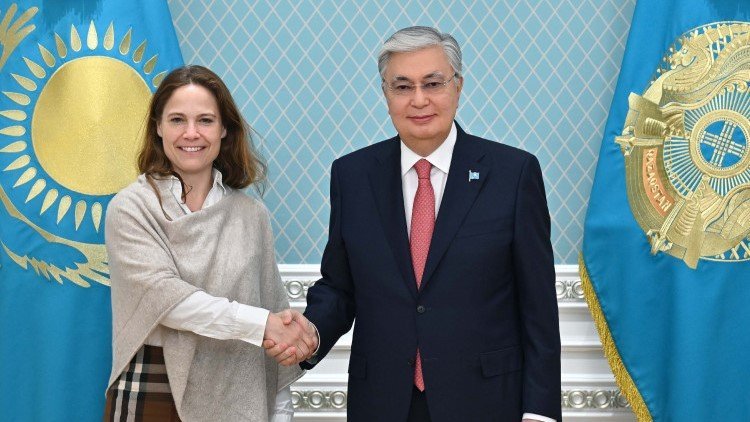
In mid-May, Qasym-Jomart Toqayev met with Katrina Klaas-Mulheuser, Chairperson of the Board of the Eastern Committee of the German Economy. The president said Germany is a strategic partner of Kazakhstan, highlighting Germany's direct investments in Kazakhstan. They increased by 64% in 2023. Agriculture is one area in which the countries are boosting cooperation. Kazakhstan is striving to become the regional center of grain production. Agricultural is but only one sector.
The ongoing war in Ukraine has significantly impacted global trade dynamics, prompting many businesses to relocate their activities from Russia to Central Asia, including German corporates. For instance, in April, Henkel relocated its operations from Russia to Kazakhstan, signaling a broader trend of businesses seeking stability and alternative opportunities in Central Asia, the authors of the article in The Diplomat point out.
Once Russia's war in Ukraine ends, Central Asia can prove to be a key player in forming new trade and economic relations. None of them, however, can completely displace Russia as Germany's trading partner. The Russian Federation is currently the 38th largest exporter to Germany, while Kazakhstan is 45th and Uzbekistan is 87th.
German businesses are seemingly uninterested in small markets like Tajikistan and Turkmenistan.
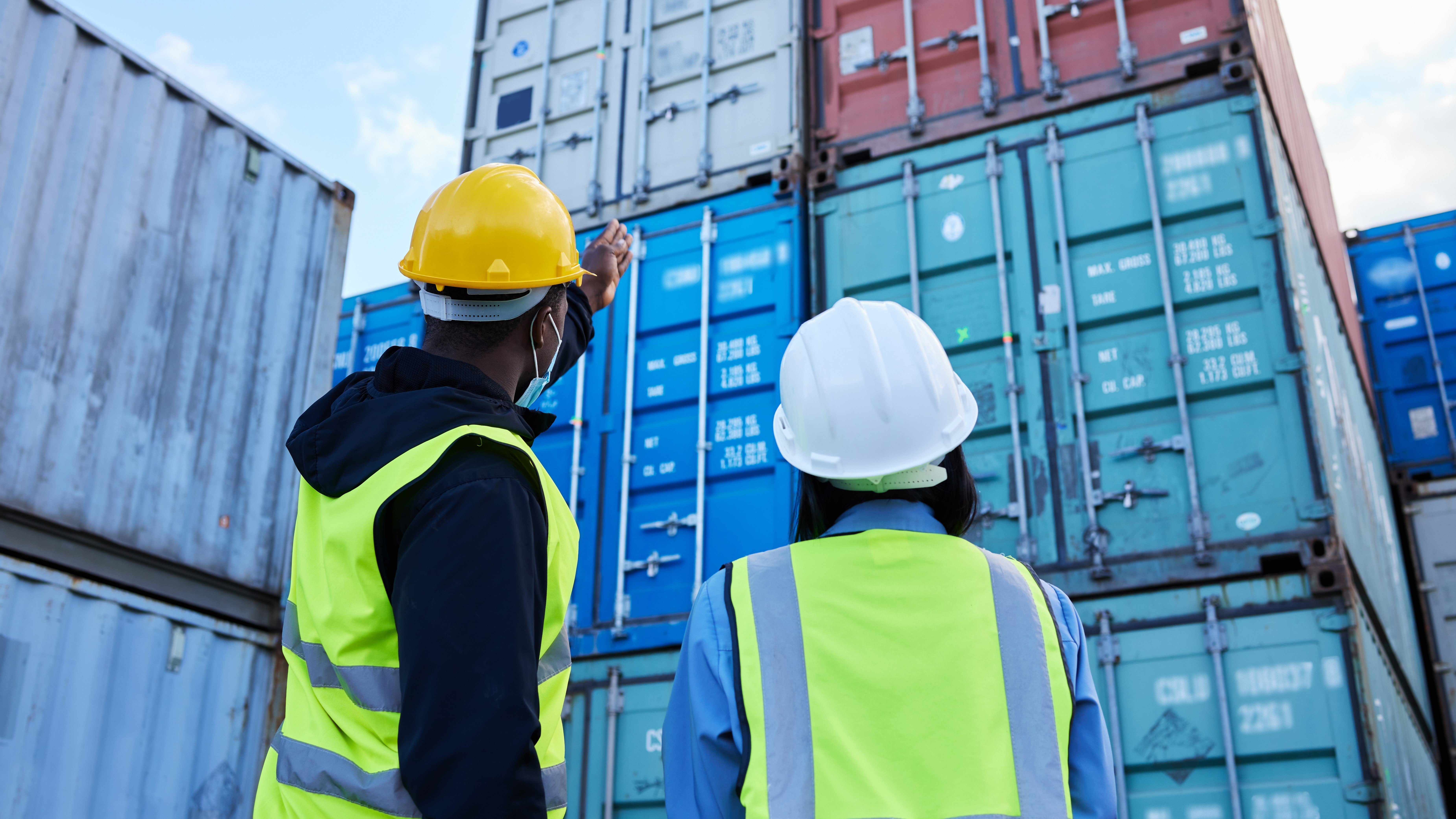
Germany is known for being an economic powerhouse, though this trend is reversing due to heavy reliance on discontinued Russian gas supplies. Olaf Scholz's "restart" of the economy may require resources available in Central Asia.
Although Toqayev’s “New Kazakhstan,” as he brands his political and economic reforms, looks pretty much like the old Kazakhstan in terms of democratization, his policies have aimed to better the country’s business and investment climate, a fact also appreciated as an opportunity by Germany Trade & Invest (GTAI), the national foreign trade agency. At the same, GTAI lists the fragile rule of law, bureaucracy, and corruption as the main threats to German businesses in Kazakhstan, while positioning Astana’s need for modernization and economic diversification as a major opportunity. The conditions for the large solar and wind parks or green hydrogen development are particularly promising, the authors write.
Meanwhile, Kazakhstan is reportedly experiencing a shortage of skilled labor in the technological sectors. The Central Asian Nation is also heavily dependent on Russia and China. Transporting raw materials from Kazakhstan to Germany is also unprofitable under current logistical conditions.
German businesses could create enterprises to process raw materials directly in Kazakhstan. Considering logistics, Kazakhstan's intentions to bring in foreign investors for the development of airports are yet another intriguing opportunity.

German industrialists have thus far missed out on Kazakhstan's resources despite their interest in copper, graphite, cobalt, and lithium. Work is progressing in this area nonetheless.
In 2022, HMS Bergbau became the first German company to receive the majority of shares in the Kazakhstan Corporation for the exploration and production of lithium, cobalt, tantalum, and nickel. The corporation plans to invest 700 million dollars in lithium mining in East Kazakhstan. Exploration has already begun.
Currently, Kazakhstan produces 19 of the 34 critically important raw materials in demand in the European Union while providing Europe with 79% of its phosphorus. Kazakhstan also remains a key supplier of titanium. The future looks promising - a lithium consortium is being formed in Kazakhstan with the participation of the German Knauf Gruppe.
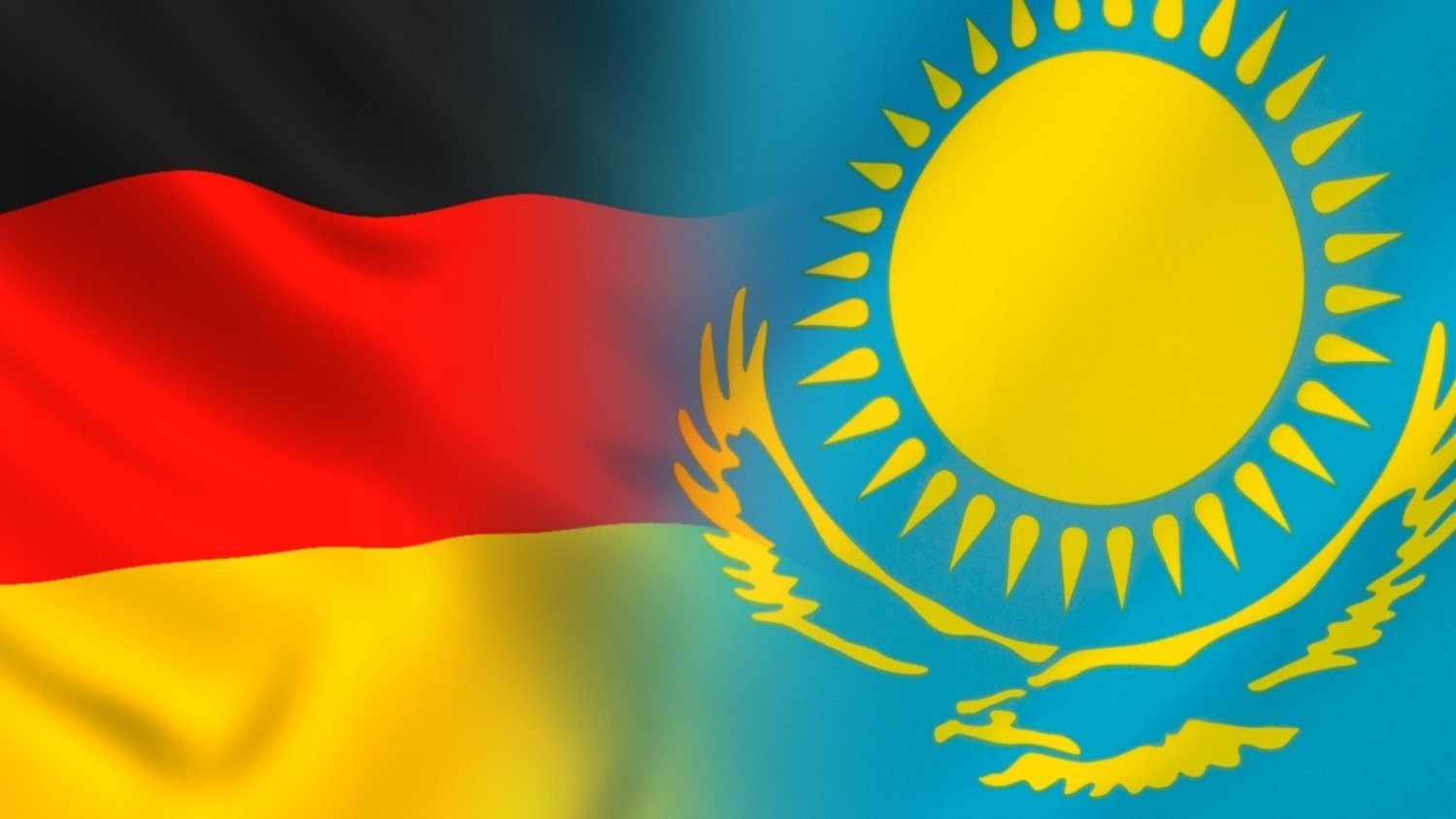
This is a new chapter for Kazakhstan as well, as the exploration of lithium has been very much in its infancy; Soviet-era surveys were classified and no comprehensive studies have been conducted since then,
the authors note.
The recently announced project "Made in Kazakhstan with German quality" demonstrates further cooperation between Kazakhstan and Germany. Astana is keen on German investments in this area and is ready to produce high-quality products in demand abroad. German investments in the energy sector can make Kazakhstan a leader in producing green hydrogen. However, issues with water resources in Kazakhstan and the lack of demand in the domestic market may complicate this.
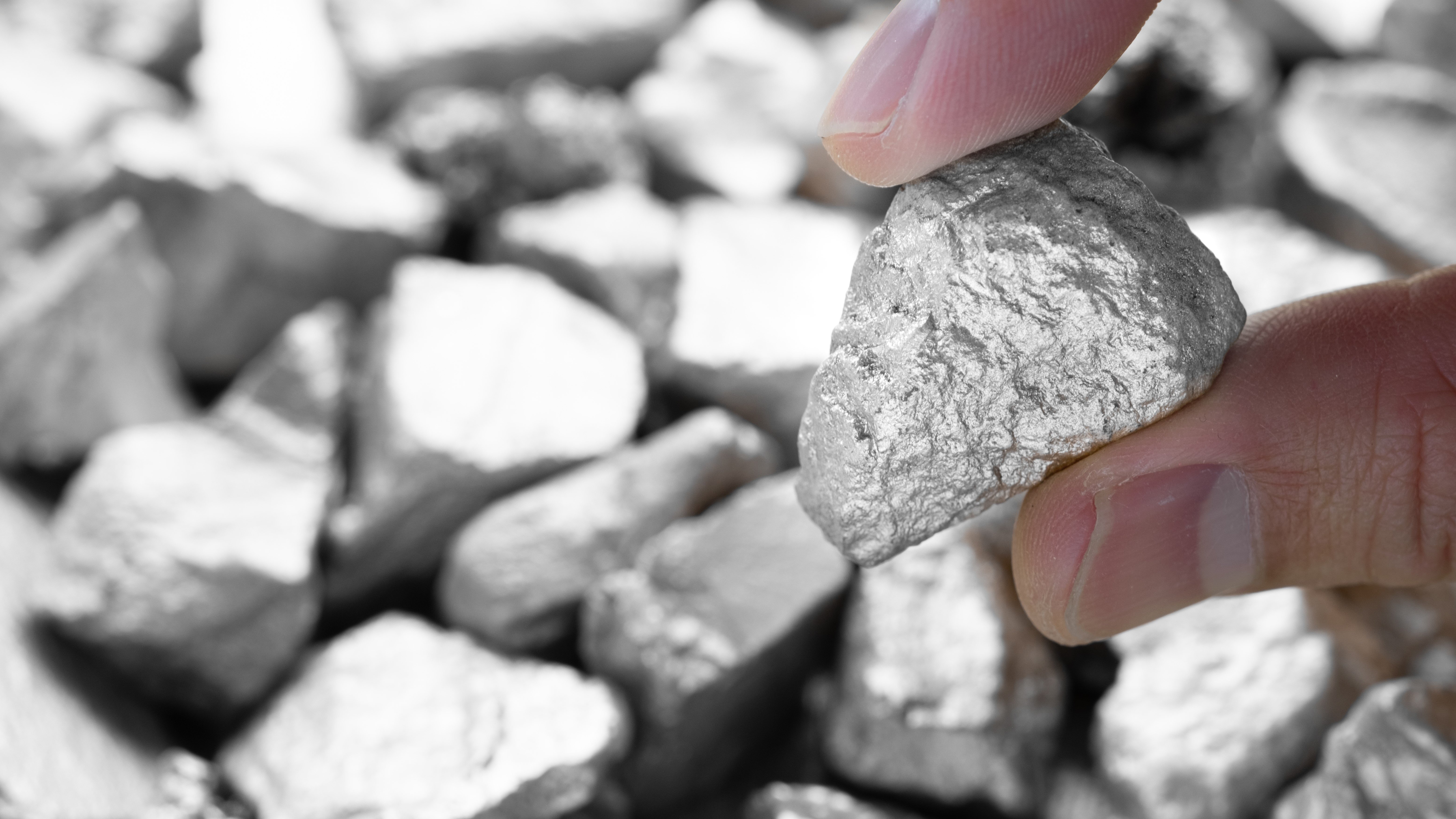
At the same time, the United States, Great Britain, EU countries, and even South Korea already have comfortable "investment" seats. The authors highlight another issue:
One issue may also test Germany’s newfound love for Central Asia: Will the countries resist authoritarian backsliding and instead develop into free market economies that are more reliable than Russia or China?
the authors of the article ask.
Reports have also recently surfaced Chinese investors working in the free economic zone in the Turkestan region may leave the country due to a sharp increase in electricity tariffs.
Original Author: Nikita Drobny
DISCLAIMER: This is a translated piece. The text has been modified, the content is the same. Please refer to the original piece in Russian for accuracy.
Latest news
- Timur Kulibayev vs. New Kazakhstan: Oligarch Defends His Assets
- MP supported Imam's Statements About Kazakh Traditions
- Altyn Adam: How Filmmakers Quarreled Over Cartoon About Scythian Warrior
- "No Chance": Russian Deserters' Stories in Kazakhstan
- National Fund Earns As Much As It Spends
- What is Going on with FPL Head's Recent Appointment?
- Stati Case: Victory for Kazakhstan?
- Qataris to Spend $3.5 Billion on Construction of Plants in Kashagan
- Oil Quotas: a Blessing or a Curse for Kazakhstan?
- Plant in Kazakhstan: Swiss Investor Purchased, Legal Battle Follows
- Situation with Russian Securities in Kazakhstan Explained
- Uranium Mining Tax in Kazakhstan to Change Starting in 2025
- Chinese Oil Giant to Build Wind Farm in Kazakhstan
- Expert Explains Toqayev Greeting Xi Jinping in Particular Way
- Scandal around "Aria-Zhana Astana", Controlled by Satybaldy, Not Subsiding
- SCO Summit in Astana: What to Expect?
- Who Was Oppositionist Aidos Sadykov?
- KNB Agent Orik VS Financial Police Agent Sanych
- Nazarbayev's Relatives on Trial: Systemic Purge or Political Games?
- Fire in Greece: Luxury Yacht, Kazakhstani Oligarchs' Vacation Scandal

